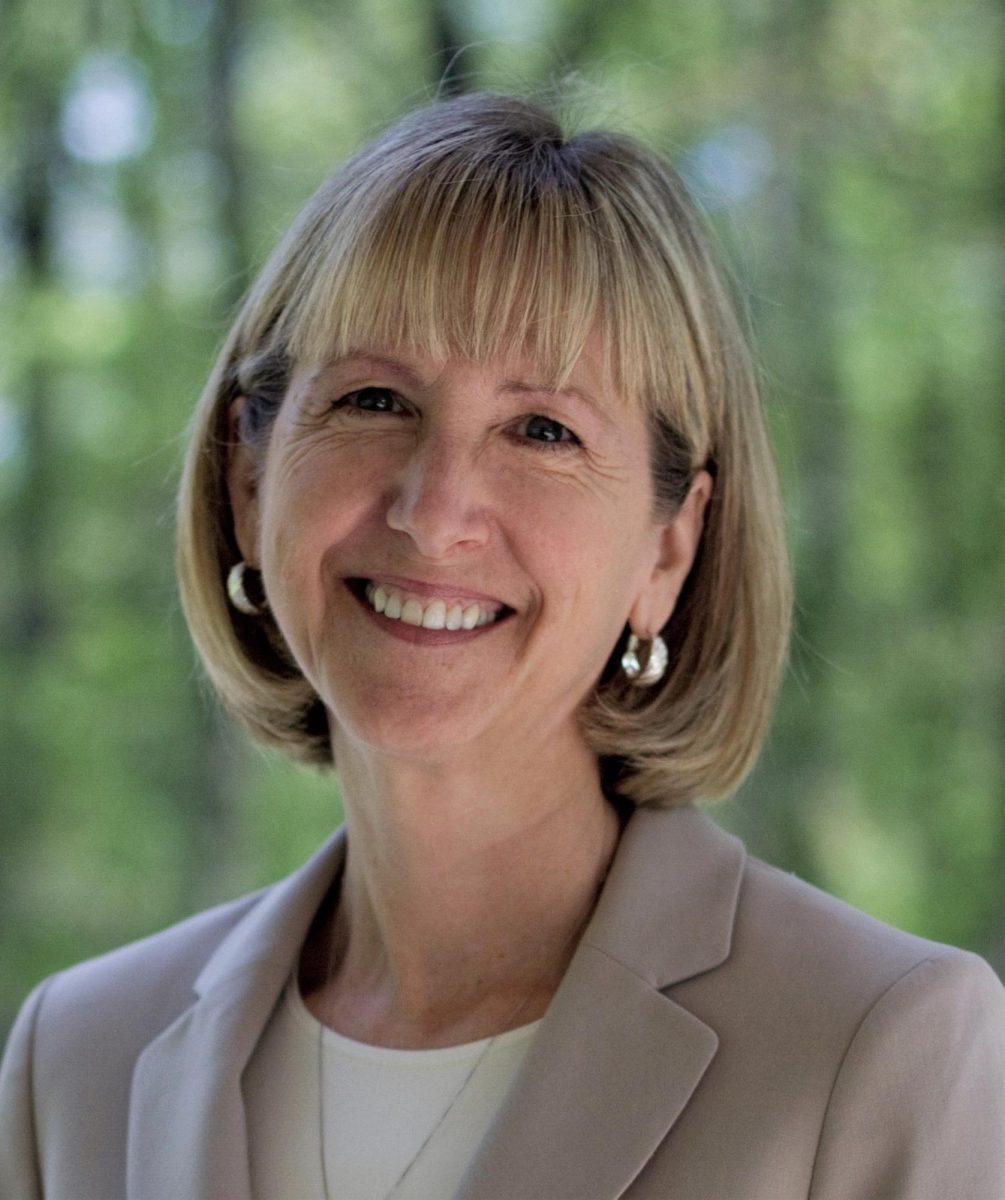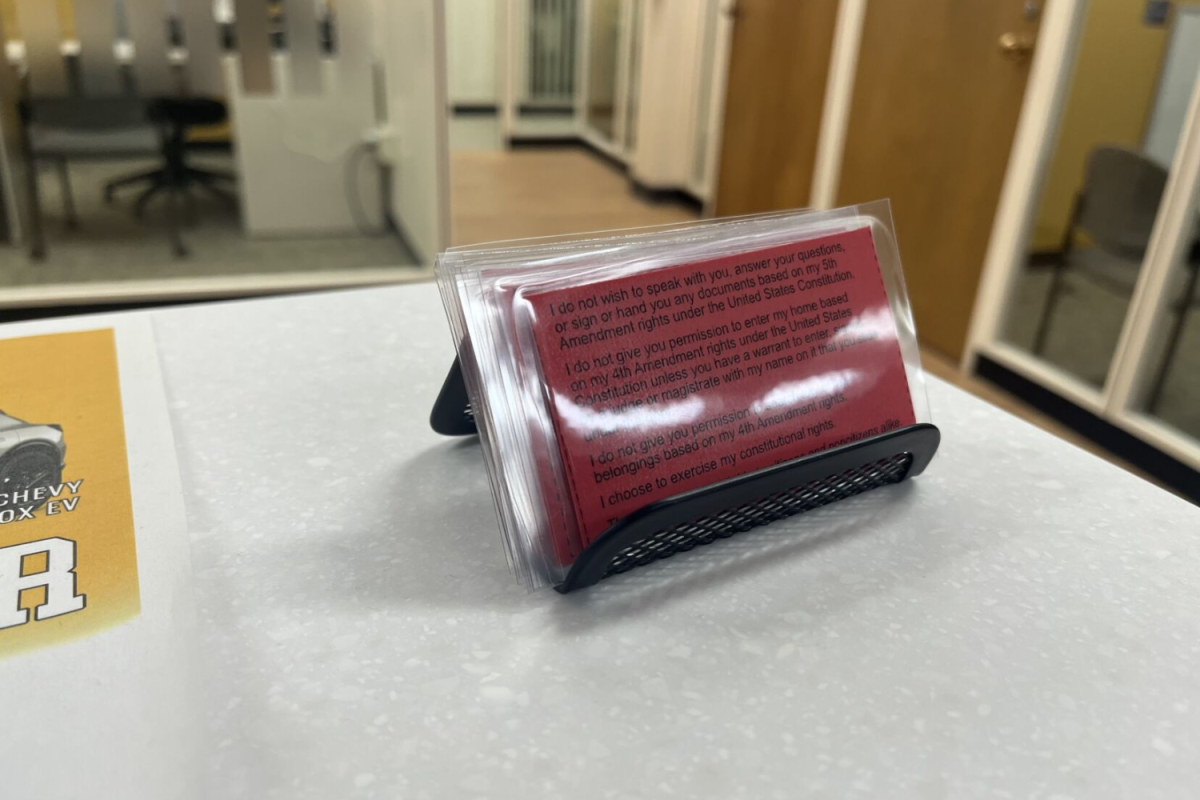Cynthia Dieterich, a Baldwin Wallace University professor and the director of the mild to moderate educational needs program, researches the gaps that exist in the educational system for special needs students.
In 1975, the Individuals with Disabilities Education Act of 1975 was passed to guarantee children and youths with disabilities receive a free and appropriate education within the public education system.
Dieterich’s research found that some parents and students still experience issues the law is intended to remedy today such as a lack of appropriate services, parental involvement and accountability.
Parental involvement is the one variable that determines whether a child in special education will succeed in the classroom. If parents are willing to help and practice the skills the children learn in the classroom at home, the child has an enhanced likelihood of academic success.
“The more the schools can embrace the parents, the better off that child will be, the more successful that child will be, and the fewer problems the teacher will have,” Dieterich said.
Dieterich said that despite simple solutions for these problems, they are often difficult to implement.
Dieterich said that legal issues influence special education and those becoming teachers and those already in their careers should understand the current laws and policies to ensure proper protocols in the classroom.
While Dieterich recommends those working in the field to stay knowledgeable on up-to-date protocols, she also said the laws themselves are not always up to date.
The IDEA Act of 1975, which is mainly responsible for outlining policies and standards school systems should meet, was last reauthorized in 2004, which Dieterich calls attention to.
For example, the IDEA Act of 1975, which is mainly responsible for outlining policies and standards school systems should meet, was last reauthorized in 2004. However, it is supposed to be reauthorized every five years.
As undergraduate students majoring in education come closer to graduation and prepare for their careers, being aware of possible challenges that may arise becomes more important.
“We aspire to prepare professionals who have the skill set, heart, and mind to advocate or instruct students with disabilities,” said Debra Janas, the chair for the department of education.
BW
































